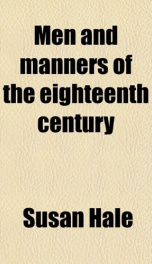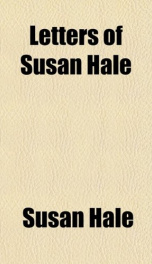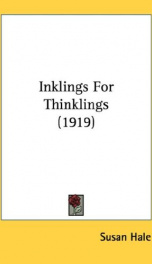men and manners of the eighteenth century

Purchase of this book includes free trial access to www.million-books.com where you can read more than a million books for free. This is an OCR edition with typos. Excerpt from book: BOOK III. ADDISON AND GAY. CHAPTER VIII. We commonly regard the age of the Revolution as an age of military exploits and political changes, an age whose warlike glories loom dimly through the smoke of Blenheim or of Ramillies, and the greatness of whose political issues still impresses us, though we track them with difficulty through a chaos of treasons and cabals. But to the men who lived in it the age was Changes of the far more than this. To them the Revolution was more than a merely political revolution: it was the recognition. not only of a change in the relations of the natinq t;o ifs rulers, but of changes almost as grpat in F.ng-lish society and in English ''ntfl1ip'f"7tr Tf it was the age of the Bill of Rights, it was the age also of the Spectator. If Marl- borough and Somers had their share in shaping the new England that came of 1688, so also had Addison and Steele. And to the bulk of people it may be doubted whether the change that passed over literature was not more startling and more interesting than the change that passed over politics. Few changes, indeed, have ever been so radical and complete. Literature suddenly doffed its stately garb of folio or octavo, and stepped abroad in the light and easy dress of pamphlet and essay. We hear sometimes that the last century is "repulsive"; but what is it that repels us in it? Is it the age itself, or the picture of itself which the age so fearlessly presents? There is no historic ground for thinking the eighteenth century a coarser or a more brutal age than the centuries that had gone before; rather there is ground for thinking it a less coarse and a less brutal age. The features which repel us in it are no features of its own production. What makes the improvement Georgian age seem repulsive is simply that it is...
Info about the book
Author:
Series:
Unknown
ASIN:
B000I820TS
Rating:
3/5 (1)Your rating:
0/5
Languge:
English
Users who have this book
Users who want this book
What readers are saying
What do you think? Write your own comment on this book!
write a commentGenre
if you like men and manners of the eighteenth century try:
Do you want to read a book that interests you? It’s EASY!
Create an account and send a request for reading to other users on the Webpage of the book!





